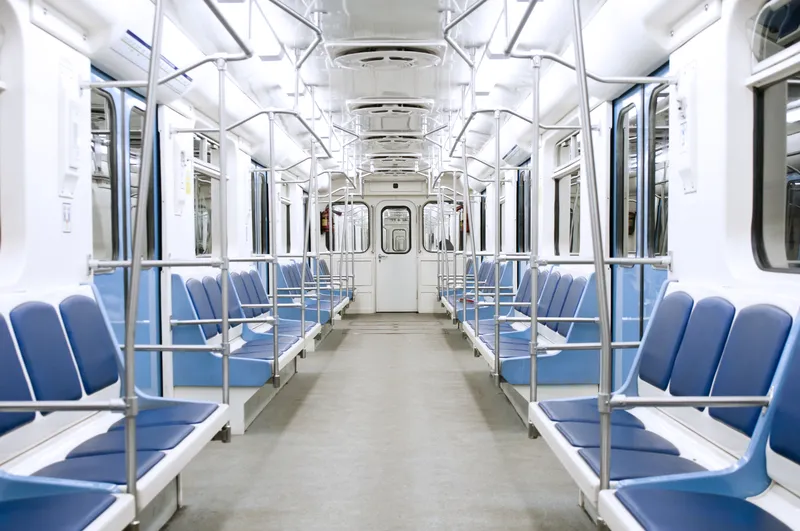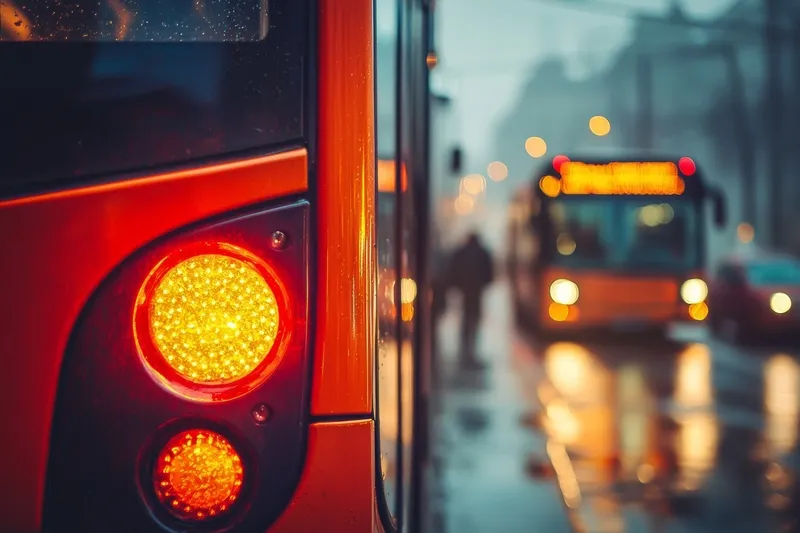
Transport for London (TfL) has reappointed KeolisAmey to operate and maintain its automated metro network in the UK capital.
The driverless Docklands Light Railway (DLR) opened in 1987 to cover a redeveloped docks area in the east of the city, and KeolisAmey - a joint venture between Keolis and Amey - began operating it in December 2014.
The new eight-year contract is worth around €140 million in revenue and will begin on 1 April 2025.
The DLR has 40km of track and 45 stations and carries around 100 million passengers per year.
Marie-Ange Debon, chairwoman of the Keolis Executive Board, says she is "proud of the role we have played over the past decade, setting records for ridership and customer satisfaction".
“The new DLR contract allows us to build on our work, operating one of the capital’s busiest rail networks, bringing new technologies onboard to improve passengers’ experiences and give back to local communities," adds Andy Milner, CEO of Amey.
"With new trains, greater innovation, a core commitment to decarbonising and a focus on safety for both customers and colleagues, it’s a really important time for the DLR," comments Tom Page, TfL’s general manager for DLR.
KeolisAmey says it will support TfL in introducing 54 new trains to the network, adding new timetables with increased service frequency, and deploying AI-based tech to improve passenger safety in stations and manage footfall during major events.
Keolis operates a dozen automated metro networks, including the world’s longest - in Dubai - which has 280km of lines in operation or under construction.
The first automated metro launched in 1983 in Lille, France.









